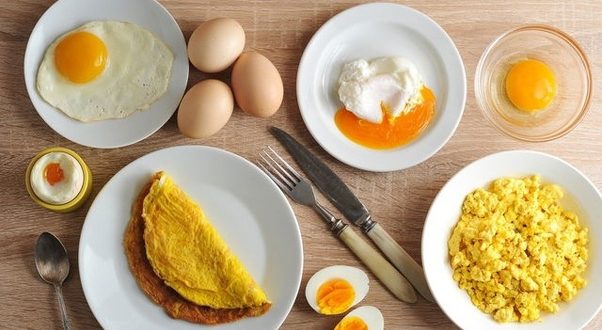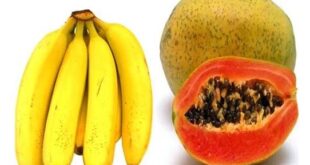Which is better for diet boiled egg or omelette?
Choosing between a boiled egg and an omelette for your diet depends on your specific nutritional needs and goals. Here’s a detailed comparison to help you decide which might be better for you:
1. Nutritional Content
Boiled Egg:
- Calories: Approximately 70 calories per large egg.
- Protein: 6 grams of high-quality protein.
- Fat: About 5 grams (including 1.5 grams of saturated fat).
- Cholesterol: Around 186 milligrams.
- Vitamins/Minerals: Rich in vitamins B12 and D, and minerals like selenium and choline.
Omelette:
- Calories: Roughly 140-180 calories for a basic omelette made with 2 eggs, though this can vary based on added ingredients.
- Protein: Approximately 12 grams from 2 eggs.
- Fat: 10-14 grams of fat, depending on cooking method and added ingredients like cheese or oil.
- Cholesterol: About 372 milligrams from 2 eggs.
- Vitamins/Minerals: Additional nutrients if vegetables or cheese are included.
2. Preparation and Convenience
Boiled Egg:
- Preparation: Simple and quick; boil for 9-12 minutes.
- Convenience: Easy to make in bulk and store in the refrigerator.
- Ease: Requires minimal cooking skills and equipment.
Omelette:
- Preparation: Requires cooking, and can be more time-consuming depending on the fillings and cooking method.
- Convenience: Can be less convenient due to the need for additional ingredients and cooking utensils.
- Ease: Requires more preparation and cooking skills compared to boiling eggs.
3. Satiety and Versatility
Boiled Egg:
- Satiety: Provides protein and healthy fats but might not be as filling on its own.
- Versatility: Mainly eaten as a snack or a component of other meals; limited in variety.
Omelette:
- Satiety: Can be more filling, especially if packed with vegetables, cheese, or other protein sources.
- Versatility: Highly customizable with different ingredients, making it suitable for a more substantial meal.
4. Dietary Considerations
Boiled Egg:
- For Weight Loss: Lower in calories and fat, making it a good option if you’re watching your calorie intake.
- For Simple Nutrition: Provides a straightforward source of protein with minimal added calories or fat.
Omelette:
- For Nutrient Variety: Allows the inclusion of vegetables and other nutrient-rich ingredients, which can enhance the meal’s overall nutritional profile.
- For Full Meals: Better suited if you need a more filling and versatile meal option.

Conclusion
- Boiled Egg: Better if you’re looking for a low-calorie, simple protein source. It’s convenient, easy to prepare, and suitable for those on a calorie-restricted diet.
- Omelette: Better if you prefer a more substantial meal with added nutrients from vegetables or cheese. It’s versatile and can be tailored to your dietary preferences but may be higher in calories and fat.
- Ultimately, the better choice depends on your dietary goals, time constraints, and meal preferences. Both can be part of a balanced diet when consumed in moderation and according to your nutritional needs.
 Gistfox Your News Window To The World
Gistfox Your News Window To The World 




